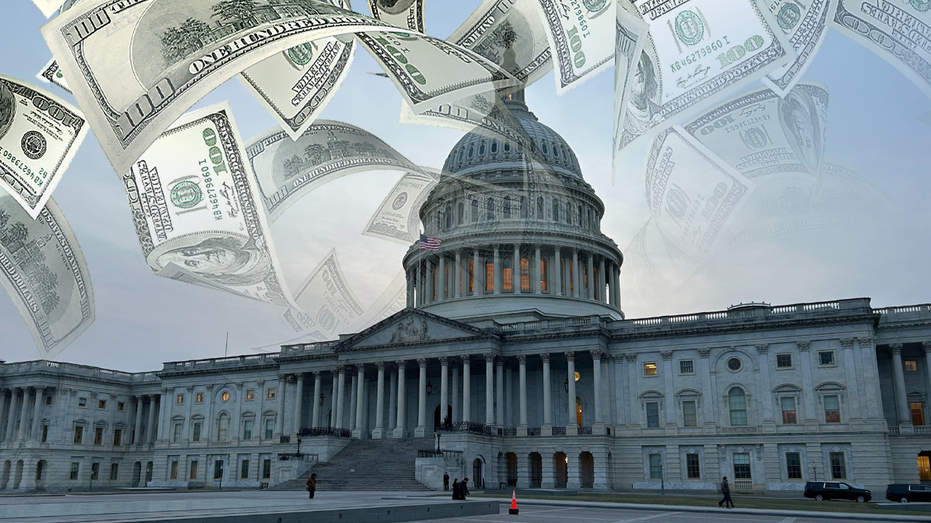GOP Introduces Legislation to Curb Unrestricted Emergency Spending in Congress
Rep. Marlin Stutzman unveils new bill aiming to curb the escalating national debt.

A leading fiscal conservative in the House of Representatives is proposing a new approach to emergency spending, aiming to rein in what he describes as a "no rules apply" funding stream that currently bypasses traditional budgetary scrutiny. Representative Marlin Stutzman, Republican of Indiana, is introducing the Emergency Spending Accountability Act, which he says would add critical guardrails to the way Congress responds to national crises—from natural disasters and pandemics to sudden budget shortfalls.
Stutzman explained that while lawmakers regularly engage in contentious negotiations over stopgap spending bills and sweeping omnibus packages, a significant portion of taxpayer money still flows through emergency allocations that escape similar review. "Whenever there's an emergency, Congress always overreacts," he remarked. "And I believe they pass these big spending bills under the guise of an emergency, national emergency, and spend money that we don't take into consideration through our budget process."
The lawmaker pointed to a stark increase in the national debt as evidence of the cumulative impact of unchecked emergency spending. When he first arrived in Washington in 2010, the debt stood at $9 trillion. Today, it has soared past $36 trillion. Since the early 1990s, more than $12 trillion has been added to the deficit through emergency appropriations—with little, if any, of it repaid. Stutzman warns that these funds are sometimes directed toward projects or priorities that fall outside the realm of true emergencies.
Under the proposed legislation, the government would be required to repay future emergency expenditures in installments—20% per year over five years—following congressional approval. The bill, which already has support from seven House Republican co-sponsors, stipulates that any spending categorized as an emergency must meet strict criteria established by the Balanced Budget and Emergency Control Act of 1985: the expenditure must be necessary, sudden, urgent, unforeseen, and not permanent.
Stutzman acknowledged the inevitability of some emergency spending, citing the COVID-19 pandemic and the devastating impact of Hurricane Sandy as examples of when swift federal response is crucial. However, he argued for offsetting cuts elsewhere in the budget and called for more rigorous planning to ensure that taxpayer dollars are used effectively and transparently.
"Most companies and family budgets always have a rainy-day fund or an emergency fund that they can tap into if they need it for unexpected costs and expenses, but that's not the way Washington works," Stutzman said. "So that's the idea." He hopes the proposed reforms will inspire a fundamental shift toward greater fiscal discipline and accountability whenever Congress responds to the nation’s most urgent challenges.




